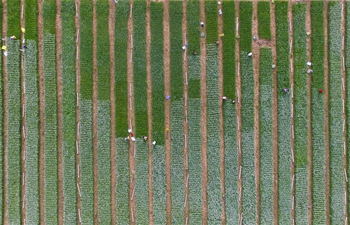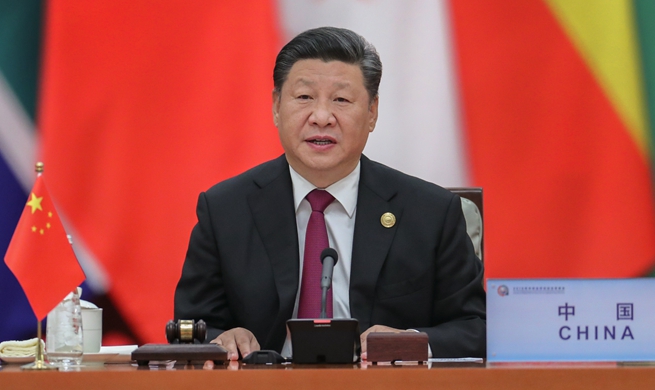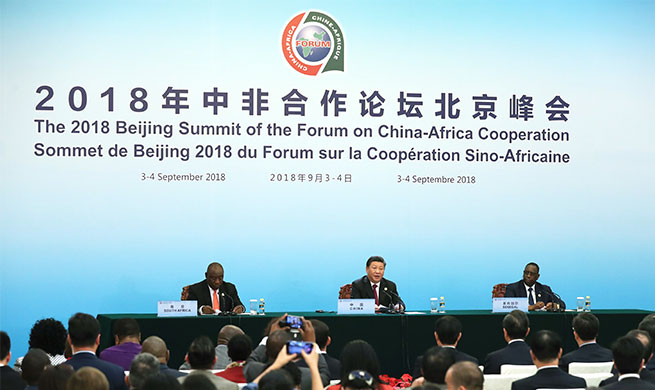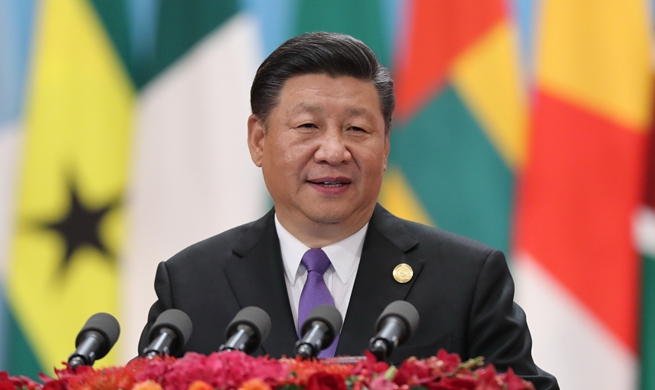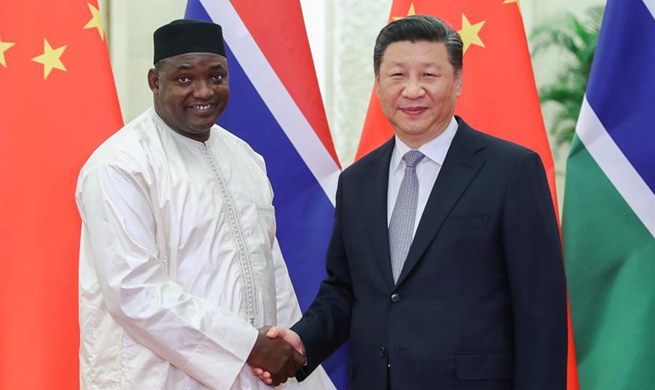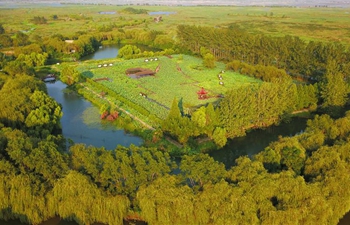CAPE TOWN, Sept. 6 (Xinhua) -- The market-led mechanism of pursuing land reform has proved to be cumbersome, protracted and inappropriate, South African Deputy President David Mabuza said on Thursday.
South Africa's land reform program in its current form has been very slow and causing a lot of frustration among claimants due to budgetary constraints and a "willing buyer-willing seller" approach, Mabuza said while answering questions in the National Council of Provinces (Upper House of Parliament).
Such a program is clearly unable to meet even the modest and conservative targets that the government has set, he said.
Without redressing the current land reform program, "we risk having endless social, racial and class frictions," Mabuza warned.
Such a reform program remains hopelessly inadequate to mitigate the negative impact of the legacy of colonialism and apartheid, Mabuza said.
This state of affairs continues to be a huge source of frustration and resentment to those who were brutally dispossessed of their land, he said.
"Currently, the situation demands of us to act together more than before and to resolve our national challenge of inequality and wealth disparities, which in the main are derived from land dispossession and landlessness," he said.
It is imperative for the government to execute a comprehensive land reform program that will enable South Africans to truly transform their country into a non-racial, non-sexist, humane and equal society, he said.
He did not go further into the "comprehensive land reform program", but the government has strongly advocated land expropriation without compensation.
Mabuza said a comprehensive land reform is a means of addressing past injustices that has produced the prevailing triple challenge of poverty, unemployment and inequality.
It is a fact that the bulk of the land in this country is still firmly in the hands of the very few, said Mabuza.
Mabuza said the government has engaged in a transparent and responsible process that provides required leadership on how land expropriation without compensation can be finalized.
He encouraged white commercial farmers to partner with the government in implementing different models to address the land question, including donating land currently in their hands.
Also on Thursday, the civil group AfriForum lashed out at land expropriation without compensation, which it said was an attempt to centralize as much power as possible in the state.
The leaders of this policy had no respect for the pleas of poor South Africans, Ernst Roets, Deputy CEO of AfriForum, told the Parliamentary Portfolio Committee charged with reviewing Section 25 of the Constitution to pave way for land expropriation without compensation.
Roets said the campaign of the ruling African National Congress (ANC), in cooperation with the radical Economic Freedom Fighters (EFF), was built on a series of false arguments.
"The first false argument is an oversimplified, twisted perspective of history," he said.
The second is the ideological viewpoint that centralization of the power in the state will be to the benefit of the public and the third is eroding of property rights and tampering with healthy market principles will lead to economic growth, Roets said.



